Understanding the basics: What is DeFi?
– DeFi is a new financial system that operates on a decentralized blockchain network.
– It extends the decentralizing qualities of blockchain and offers financial services without intermediaries.
– DeFi consists of smart contracts and decentralized applications (dapps) and protocols.
– It operates in a permissionless and composable manner, allowing anyone to build on pre-existing applications.
– DeFi offers services such as lending, investing, trading, and market-making.
The advantages of DeFi in the digital economy
– DeFi is accessible to anyone with an internet connection, regardless of their location.
– It operates 24/7, allowing for transactions at any time.
– Transactions in DeFi are faster, cheaper, and more secure without intermediaries.
– DeFi promotes financial sovereignty, giving users full control over their assets.
– The transparency in DeFi protocols fosters trust and accountability in the system.
DeFi risks and security considerations: Protecting your assets
– Smart contract vulnerabilities pose a risk, so invest in audited DeFi projects.
– Lack of insurance in DeFi platforms can result in potential loss of invested funds.
– Collateralization in DeFi can lead to liquidation if asset values fall significantly.
– Mitigate risks through research, diversification, and proper risk management.
– Invest only what you can afford to lose.
Regulatory challenges and future outlook for DeFi
– DeFi’s regulatory landscape is uncertain, but regulators are recognizing its potential.
– DeFi has the potential to democratize access to financial services and enhance efficiency.
– Challenges such as scalability, user-friendliness, and security need to be addressed.
– Advancements in blockchain technology and user interfaces can improve DeFi.
– DeFi can work alongside traditional finance to create a more inclusive and efficient financial ecosystem.
Hot Take
DeFi is revolutionizing the financial world by providing accessible, transparent, and secure financial services. While it comes with risks, the potential for financial sovereignty and inclusive access to services make it an exciting development. As DeFi continues to evolve and address challenges, it has the potential to transform the traditional financial system and create a more efficient and inclusive financial ecosystem. It is important for users to educate themselves, diversify their investments, and exercise caution when participating in the DeFi space.

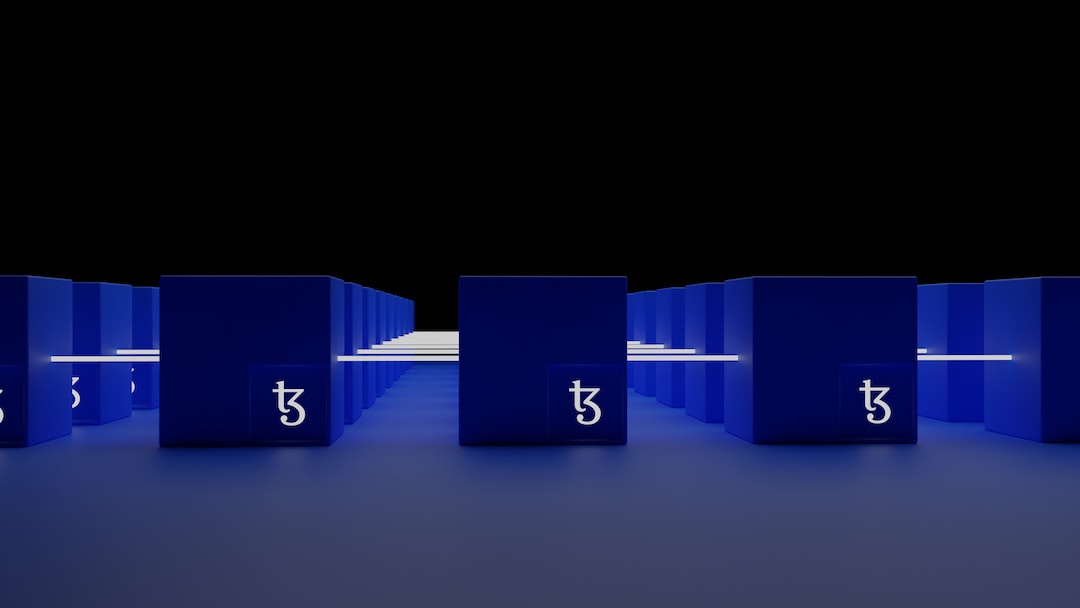
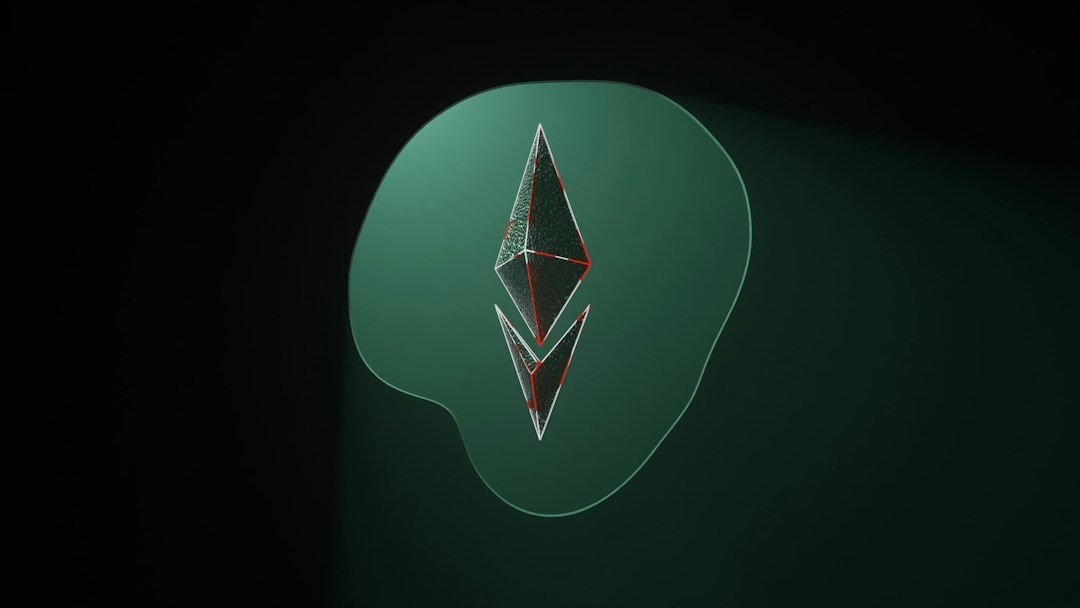
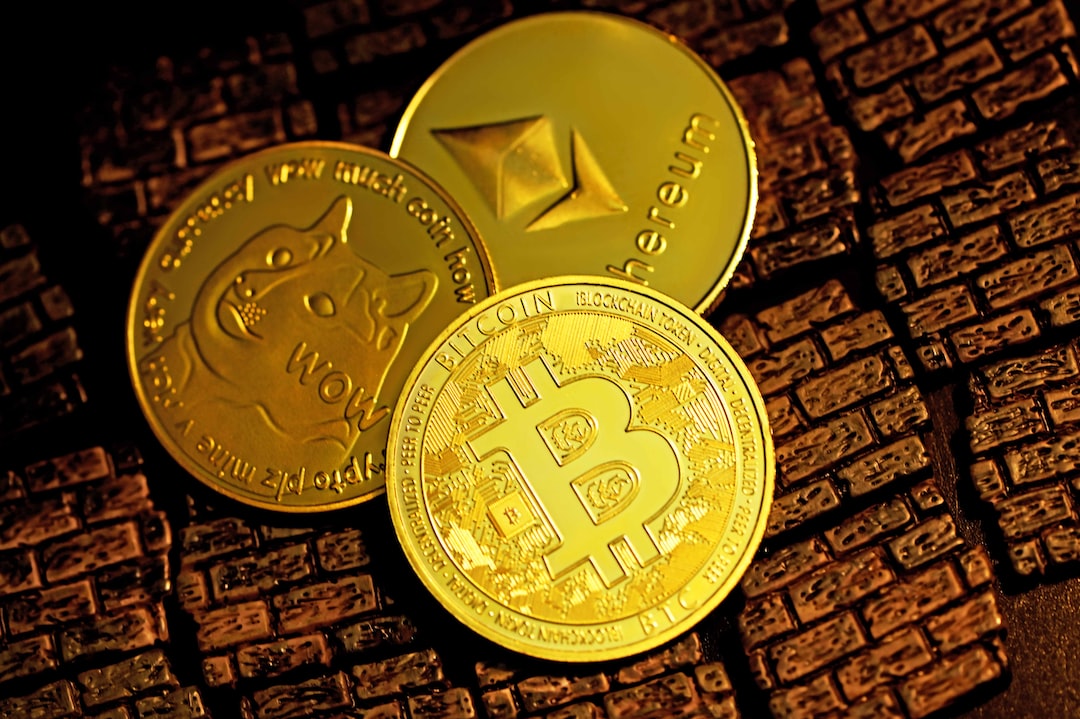
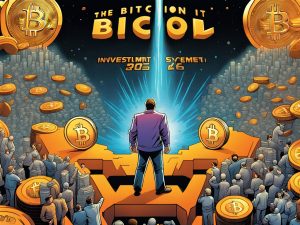
 By
By
 By
By
 By
By
 By
By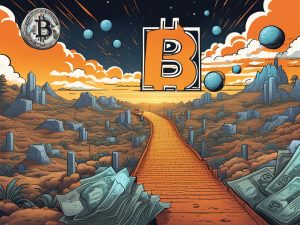

 By
By